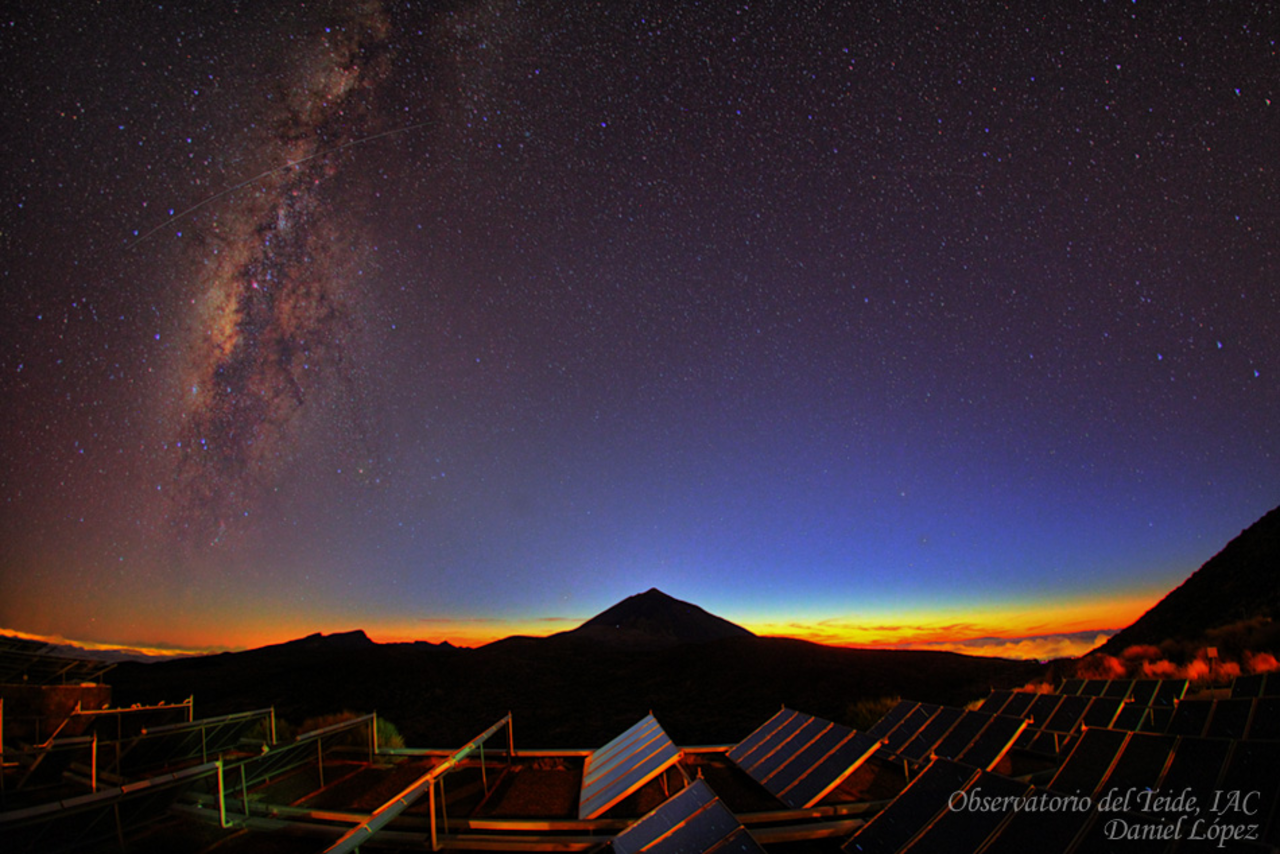Introduction

The climate crisis, which is directly related to the exploitation of fossil resources by large corporations, excessive consumption, and ultimately the current capitalist model of society, is causing a greater impact than previously predicted and is bringing us near to the point of no return. To reverse this trend we need an urgent change in the way we live and manage the resources of our planet.
According to the International Panel on Climate Change (IPCC), to attain the objective of keeping global warming below 1.5 Celsius will require changes in the behaviour of individuals and institutions. The IAC, as a science-based institution, should serve as reference for the sustainability-promoting actions proposed by the IPCC.
Our Environment and Sustainability Commission aims to identify and evaluate activities, practices, and actions that can lead to improvements from the point of view of environmental sustainability, and to propose alternative measures.
A four-year plan has been elaborated for the two IAC headquarters (La Laguna and La Palma) and the two Observatories (Teide and Roque de los Muchachos), where five key areas have been identified:
The main conclusion from our study is that IAC's carbon footprint can be reduced by up to 80% by reasonably limiting air travel and generating, through the use of photovoltaic solar panels at IAC Headquarters and CALP, up to 100% of the electricity consumed. The subsequent savings in travel and electricity bills turn out to be significantly greater than the initial investment required to achieve carbon neutrality in energy consumption.
The full study on sustainability at the IAC is available here. For suggestions please write to medioambiente [at] iac.es (medioambiente[at]iac[dot]es)